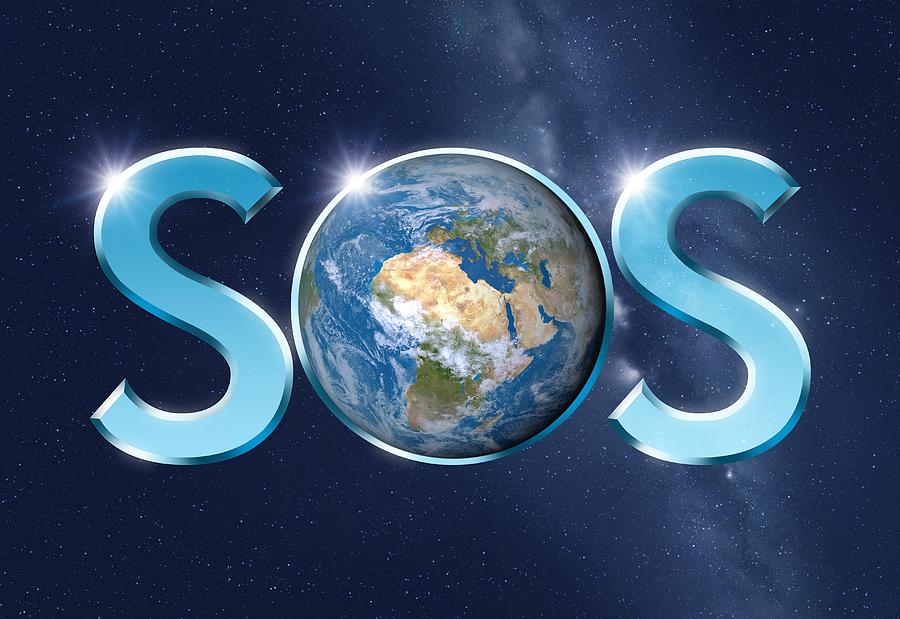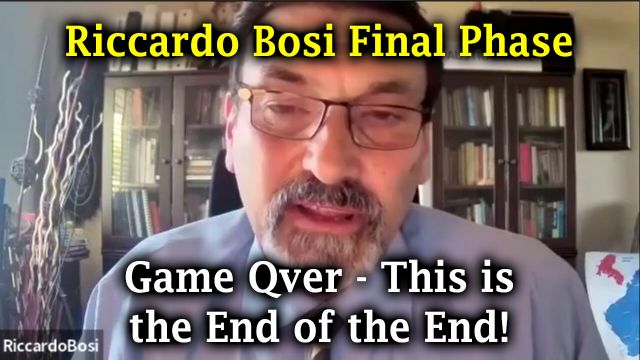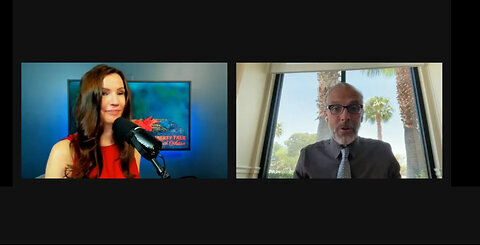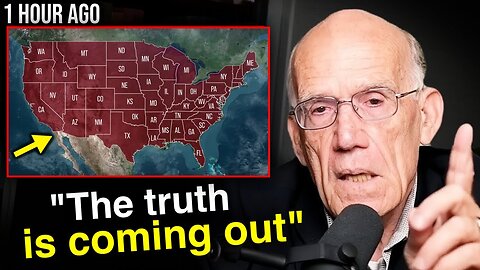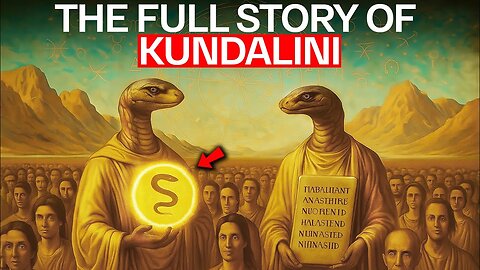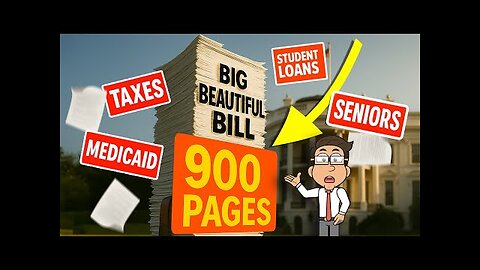Seasif CEO Franco Favilla Discusses the Future of Energy in the Post-Pandemic Economy

Seasif CEO Franco Favilla Discusses the Future of Energy in the Post-Pandemic Economy
During the harshest days of the Covid-19 crisis in 2020, the oil industry may have been the sector that showed the most signs of structural weakness. As the world was faced with a global standstill, the demand for oil dropped to almost zero. However, since wells and refineries cannot be stopped, the decreased demand caused a huge production surplus, which led to the “negative price” paradox –– that is, oil companies were willing to get rid of the product even for free rather than having to pay the storage costs.
According to the World Bank Group, oil prices fell dramatically in the early stages of the pandemic and have only partially regained pre-Covid price levels; energy prices, despite some recovery, are expected to stabilize below pre-pandemic levels in 2021.
“To date, I no longer regard the oil industry as a sector in development. Theoretically, we have reserves of crude oil to meet demand over the next 250 years, but from an environmental and eco-sustainable point of view, the hydrocarbon-based world is destined to disappear,” argues Franco Favilla, founder and CEO at Seasif Holding, a multinational company active in various sectors of products and services, with particular reference to the extraction and trading of gold and oil.
This brings up a great question, which is, according to Favilla, the most important and urgent question of this century: which source of energy should we focus on to replace oil? “Many investments, until now, have concerned the so-called ‘electricity market,’ but in the long run I see great difficulties: who will dispose of the solar panels? Using what energy? Not to mention the batteries, which now have shorter and shorter life cycles and are absolutely not easy to dispose of,” he comments.
If the priority is to ensure a sustainable energy model for tomorrow’s society, it’s likely that the solution will come from green fuels. These technologies make it possible to produce fuels similar to gasoline or diesel, using the same production chain, but with practically no environmental impact.
For the Seasif CEO, most of the investments today should be concentrated in this sector, because e-fuel and e-diesel allow us only to get clean energy, but to keep an industry that employs tens of thousands of people in the world.
“The current scenario just shows how inflexible oil is and therefore how rigid the economy based on it is. After all, if crude oil is still the main energy source worldwide now, this is due to the fact that there never was a choice or desire, on a global level, to focus on an alternative product, so as not to alter the existing economic balances and the geopolitical order of the world,” stresses Favilla.
This issue is why any major discussion about the green economy today should also include the crucial question of how the budgets of many countries will stand once the world economy goes green. Solving this problem cannot be avoided if we are truly to transition toward a sustainable economy.











